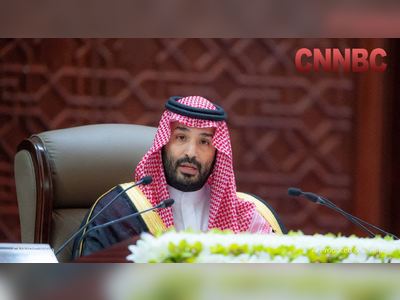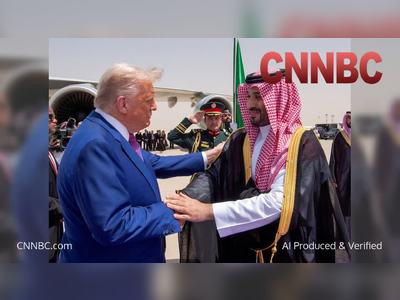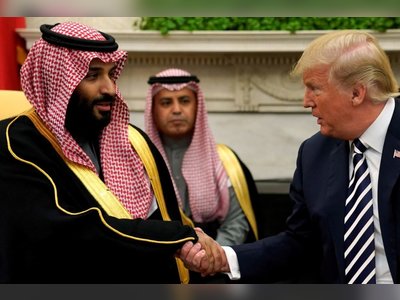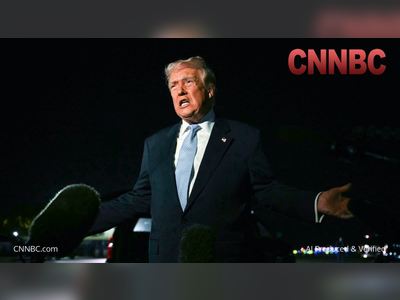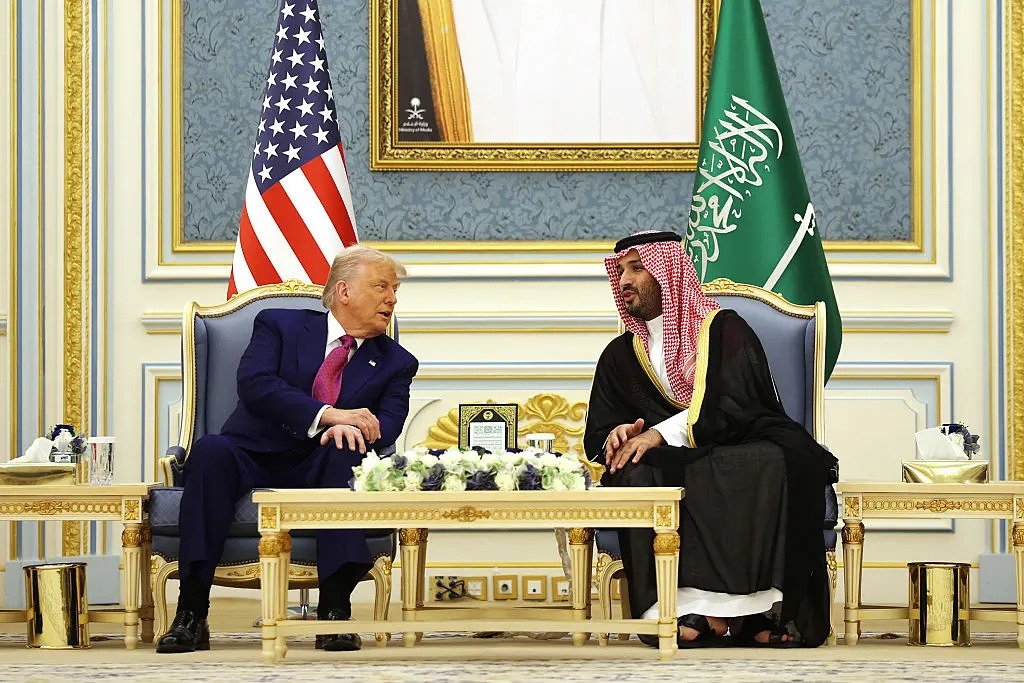
Trump Welcomes Crown Prince MBS to Washington as Multi-Billion Deal Talks Loom
U.S. host to Saudi de facto leader on 18 November amid plans for F-35 jet sale, investment pledges and Middle East diplomacy
President Donald Trump is set to receive Saudi Crown Prince Mohammed bin Salman at the White House on Tuesday, marking the royal’s first U.S. visit since 2018 and situating both leaders at the centre of a high-stakes agenda of defence sales, investment and regional realignment.
On the eve of the visit, Trump confirmed that the United States will move ahead with the sale of F-35-Lightning II stealth fighters to Saudi Arabia—a landmark shift in policy that, if realised, would send Riyadh into an elite circle of F-35 operators alongside Israel and other trusted U.S. allies.
The joint programme is expected to include a broad package of agreements covering artificial intelligence infrastructure, civil-nuclear cooperation and a security-guarantee framework with the kingdom—part of a larger bilateral push following Saudi investment pledges of some six-hundred billion dollars announced earlier this year under Trump’s deal-making agenda.
While the F-35 sale signals deeper strategic ties, analysts flag that congressional review, technology-transfer safeguards and Israel’s long-standing “qualitative military edge” may complicate or delay implementation.
Nevertheless, Trump and the crown prince appear aligned on forging a closer U.S.–Saudi axis that could reshape Middle East security architecture and economic flows.
During the Washington visit, the Saudi delegation will host a U.S.–Saudi investment summit at the John F. Kennedy Center on 19 November, providing a platform for corporate and state actors to launch follow-on deals across energy, infrastructure and technology.
The visit also rekindles discussion of Saudi Arabia’s eventual entry into the Abraham Accords with Israel—a goal long championed by Trump and still touted as part of Riyadh’s normalization calculus—although Palestinian-state concerns remain a barrier.
As critics focus on Saudi Arabia’s human-rights record and China ties, the Trump administration emphasises the kingdom’s role in regional stability, defence cooperation and economic investment.
The unfolding agenda underscores the transactional diplomacy that has come to define the bilateral relationship under Trump’s leadership.
On the eve of the visit, Trump confirmed that the United States will move ahead with the sale of F-35-Lightning II stealth fighters to Saudi Arabia—a landmark shift in policy that, if realised, would send Riyadh into an elite circle of F-35 operators alongside Israel and other trusted U.S. allies.
The joint programme is expected to include a broad package of agreements covering artificial intelligence infrastructure, civil-nuclear cooperation and a security-guarantee framework with the kingdom—part of a larger bilateral push following Saudi investment pledges of some six-hundred billion dollars announced earlier this year under Trump’s deal-making agenda.
While the F-35 sale signals deeper strategic ties, analysts flag that congressional review, technology-transfer safeguards and Israel’s long-standing “qualitative military edge” may complicate or delay implementation.
Nevertheless, Trump and the crown prince appear aligned on forging a closer U.S.–Saudi axis that could reshape Middle East security architecture and economic flows.
During the Washington visit, the Saudi delegation will host a U.S.–Saudi investment summit at the John F. Kennedy Center on 19 November, providing a platform for corporate and state actors to launch follow-on deals across energy, infrastructure and technology.
The visit also rekindles discussion of Saudi Arabia’s eventual entry into the Abraham Accords with Israel—a goal long championed by Trump and still touted as part of Riyadh’s normalization calculus—although Palestinian-state concerns remain a barrier.
As critics focus on Saudi Arabia’s human-rights record and China ties, the Trump administration emphasises the kingdom’s role in regional stability, defence cooperation and economic investment.
The unfolding agenda underscores the transactional diplomacy that has come to define the bilateral relationship under Trump’s leadership.


